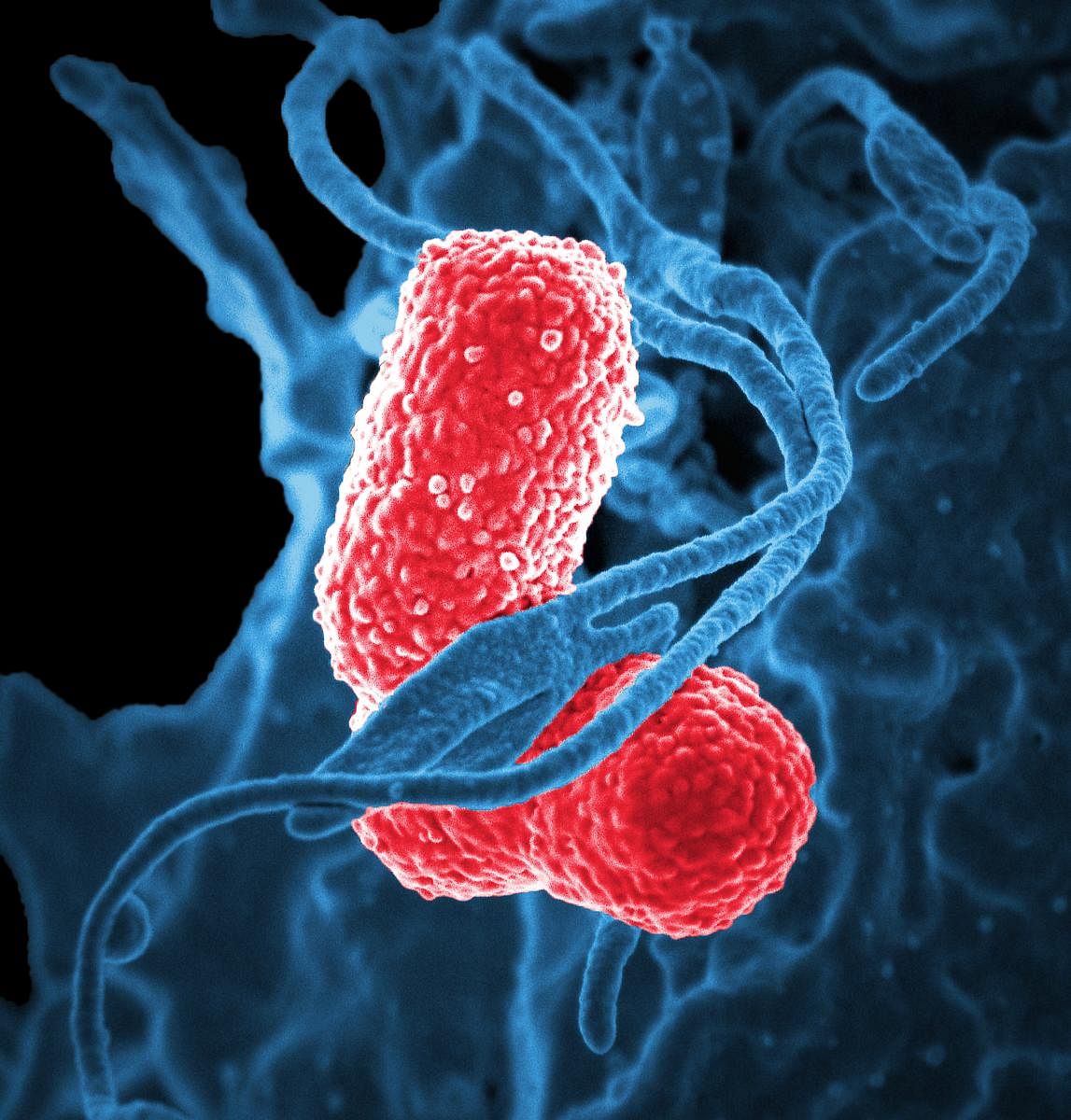
Many symptoms of Covid-19, such as cough and shortness of breath affect the respiratory system. However, the virus can also have other effects on the body. For instance, in some cases, it can cause gastrointestinal symptoms, loss of smell or taste, loose motion. Another possible clinical manifestation of Covid-19 is that it can lead to blood clots in some people.
What’s known about Covid-19 and the development of blood clots?
Normally, blood clots help stop bleeding when you’re injured. When a blood vessel is injured, it produces some chemical mediators (proteins) that attract platelets and other blood clotting factors. These clumps together form a clot that plugs the injury and allows it to heal with stopping further bleeding. This is the natural protective physiological response of the body to stop bleeding from minor injuries. However, sometimes blood clots form in the absence of an injury. This is potentially dangerous because the clot can restrict the flow of blood within blood vessels, leading to ischaemic damage which may lead to complications like stroke, heart attack and pulmonary embolism (clot in the right side of the heart).
Blood clots with Covid-19 have most often been seen in people who’ve been hospitalised with the disease. A study of patients who got admitted to ICU for severe Covid-19 found that 30% of these individuals experienced complications related to blood clots. It’s still unknown how common blood clots are in individuals who have a mild case of Covid-19.
Covid-19 complications from blood clots can happen across all ages. A small study looked at people with Covid-19 who had experienced a stroke due to a blood clot.
The study found that around 40% of participants were under the age of 55 years and had no pre-existing risk factors for stroke.
How can Covid-19 cause blood clots?
It’s still unclear why blood clots develop in people with Covid-19. However, a recent study published in the journal The Lancet Haematology helps shed some light on this topic. The study involved 68 people hospitalised with Covid-19. Of these people, 48 were in the ICU and 20 were not. Their blood was analysed for various markers associated with clotting.
The markers in question are involved with the activation of the cells lining your blood vessels (endothelial cells) and platelets. Both endothelial cells and platelets are important for starting the clotting process. The study found that the people in the ICU had higher levels of these clotting markers than those who weren’t in the ICU. The exact cause of the increase in clotting markers is uncertain, but it could be due to one (or a combination) of the mechanisms below:
Endothelial cells express ACE2 protein, which the new coronavirus uses to enter cells. Because of this, the virus could directly invade and damage endothelial cells, triggering your body’s clotting mechanism.
If endothelial cells aren’t being directly infected, damage to the tissues around them due to viral infection or your immune response could cause increased clotting.
An increase in inflammatory molecules that your immune system produces in response to viral infection could activate clotting.
Another study that was published in the journal Blood supports some of the findings above. In this study, the platelets of people hospitalised with Covid-19 were found to be hyperactive, having increased activation and aggregation (clumping).
But there is a possibility that the patient’s initial manifestation itself may be the impact of this blood clot in various organs of the body. Depending on the location of the blood clot, patients will have various clinical manifestations.
If they have a clot in the brain or heart blood supply they can have a stroke or heart attack, with the following clinical presentation:
Facial drooping
Weakness of one arm or leg
Difficulty speaking
New swelling, tenderness, pain or discolouration in the arms or legs
Sudden shortness of breath
Chest pain or pain radiating to the neck, arms, jaw or back
How can one prevent Covid-19 related blood clots?
Blood clots in the venous system can occur in 9% to 26% of hospitalised Covid-19 patients and in 21% to 31% of coronavirus patients in critical care settings, despite the administration of preventive therapies.
People undergoing any surgical procedure are already at higher risk of blood clots than the general public.
Surgical patients have additional risk factors for blood clots, because of immobility, surgical wounds and systemic inflammation — and the addition of SARS-CoV-2 infection may further increase this risk. Only one preventive aspect is to give medications (anticoagulants) that prevent blood clotting as a prophylactic approach. This needs to be started upfront when a Covid-19 infected patient is admitted with a moderate to severe category of the illness.
Even in patients undergoing surgical procedures, close adherence to routine standard prophylaxis is needed when the bleeding risk is minimal.
Increased vigilance and diagnostic testing are needed in patients presenting with signs of a blood clot, such as swelling in one calf, right-sided chest pain and shortness of breath.
(The author is a consultant in critical care medicine at a leading hospital in Bengaluru.)
Deccan Herald is on WhatsApp Channels| Join now for Breaking News & Editor's Picks